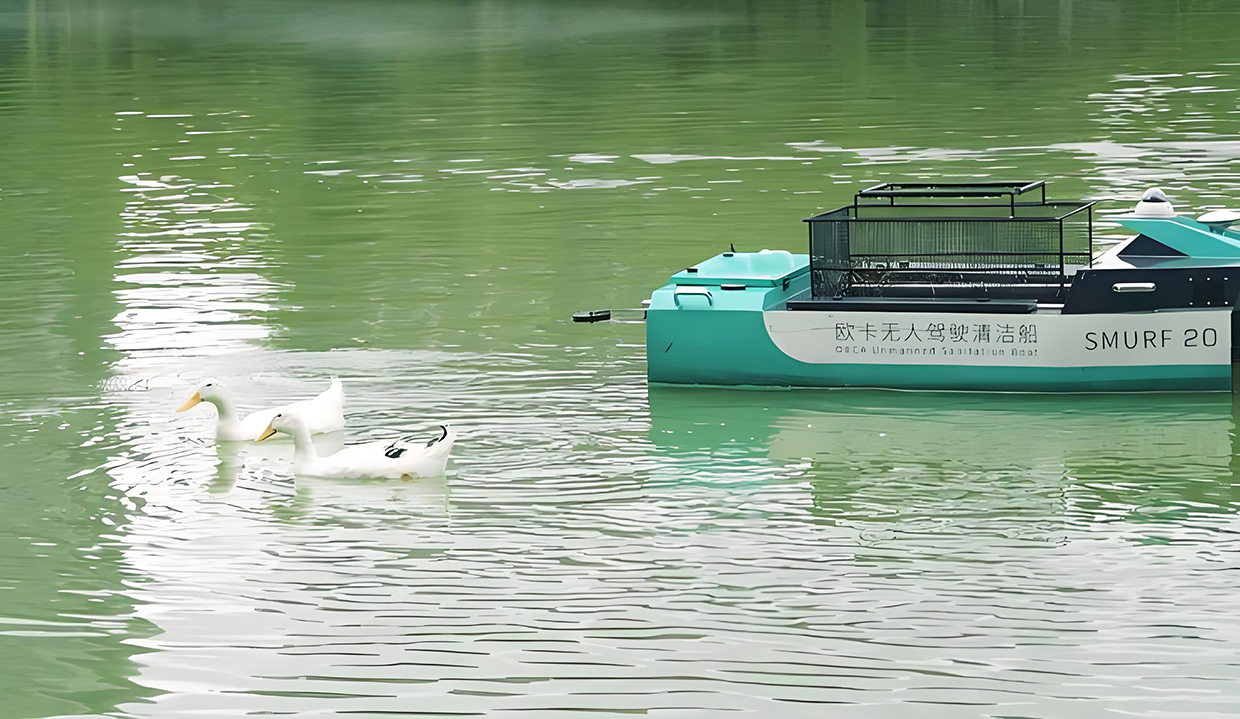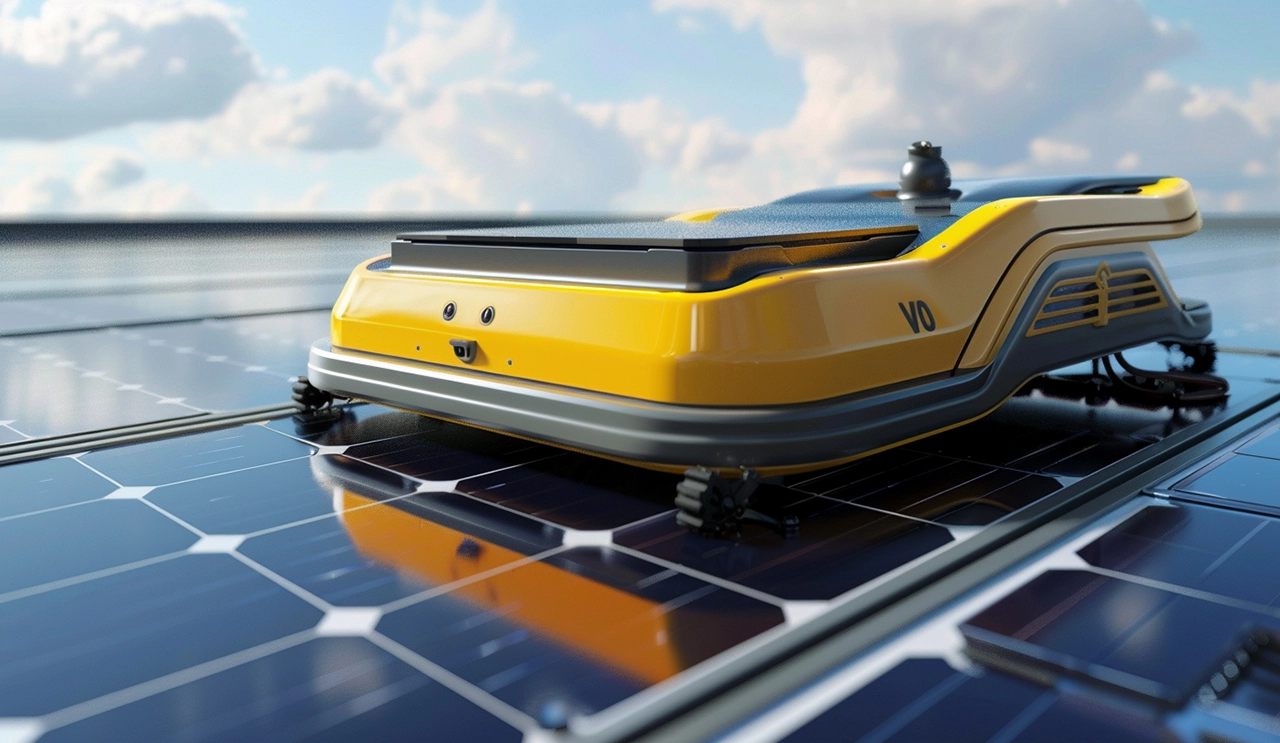
WIRELESS CHARGING IN THE NEWS
With the continuous advancement of technology, unmanned ships are emerging as a shining star in the field of marine technology. Unmanned ships, also known as autonomous vessels, rely on advanced navigation, control, and communication technologies to complete various complex tasks without human intervention. They not only show significant advantages in improving efficiency and reducing costs but also play important roles in environmental protection, marine research, and military applications.
The design and construction of unmanned ships incorporate a wealth of modern scientific and technological achievements. From the hull structure to the propulsion system, every component has been carefully optimized to ensure the stability and reliability of unmanned ships in various marine environments. Navigation systems use GPS and inertial navigation technology to ensure precise positioning and route planning. Control technology, through sensors and computer algorithms, continuously monitors and adjusts the ship's attitude and speed in real-time, ensuring safe navigation in complex environments. Additionally, unmanned ships are equipped with advanced communication devices to transmit data and receive instructions in real-time, enhancing their remote control and collaborative operation capabilities.
Unmanned ships have a wide range of application scenarios. In marine environmental protection, unmanned ships can continuously monitor water quality, temperature, and ecosystem changes, promptly identify pollution sources, and take necessary measures. In marine research, unmanned ships can access areas that traditional ships cannot easily reach, conducting deep-sea exploration and sample collection, providing valuable data for scientific research. In marine transportation, unmanned ships, through autonomous navigation and intelligent cargo handling systems, significantly improve logistics efficiency and safety. In military applications, unmanned ships can perform stealth patrols, target recognition, and intelligence gathering, enhancing maritime security and reconnaissance capabilities.
The technological development of unmanned ships also brings many new challenges. For instance, ensuring the autonomy and safety of unmanned ships in harsh weather and complex marine environments, as well as optimizing energy management and extending endurance time. To address these issues, researchers are continuously developing new sensors, algorithms, and materials. At the same time, the formulation of regulations and standards is gradually advancing to ensure the safe and compliant operation of unmanned ships.
In the future, unmanned ships will demonstrate their unique advantages in more fields. As technology matures and application scenarios expand, unmanned ships will be more widely applied in marine technology, environmental protection, and intelligent logistics, bringing more efficient and safe marine solutions to humanity.







